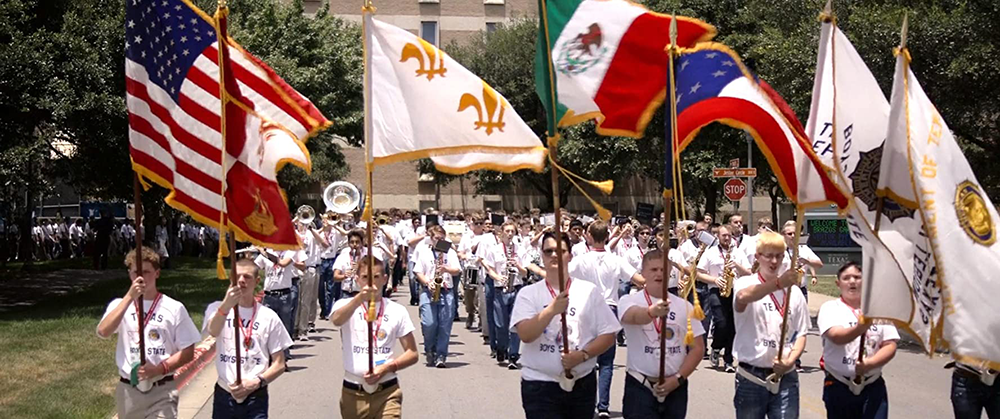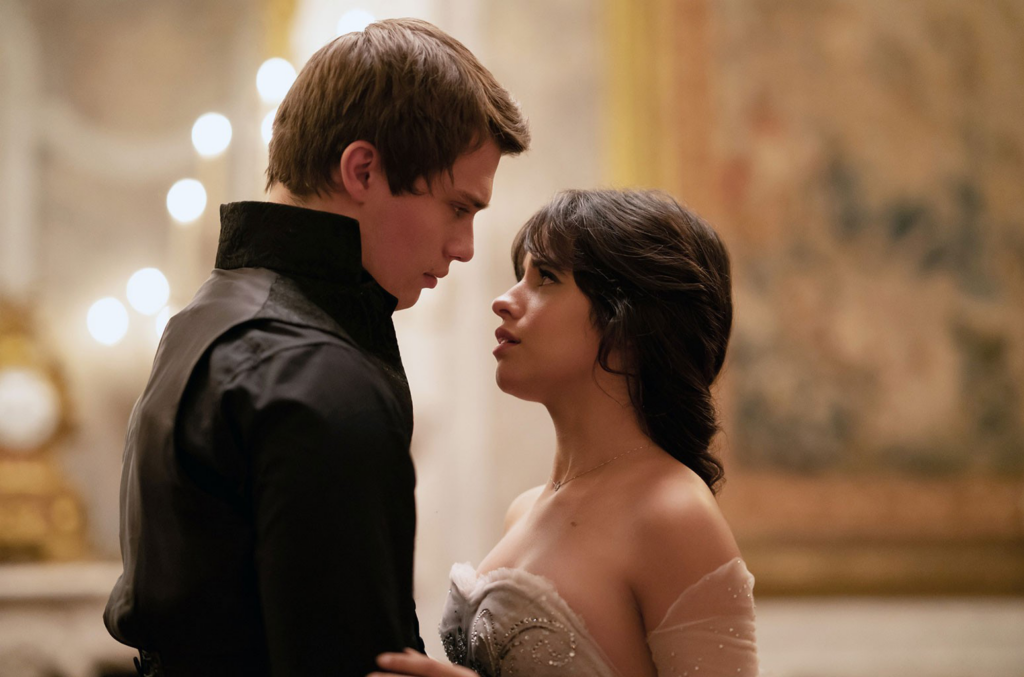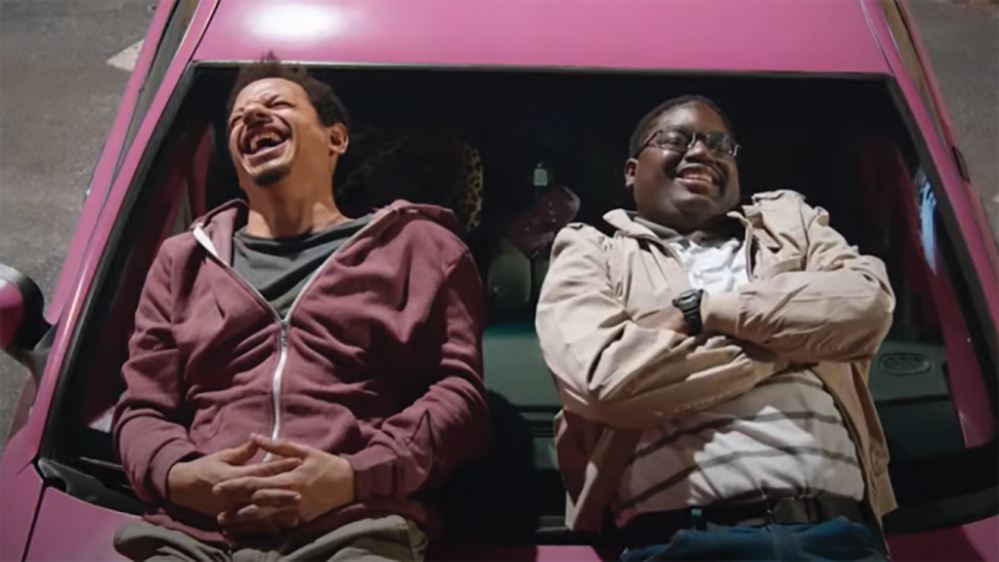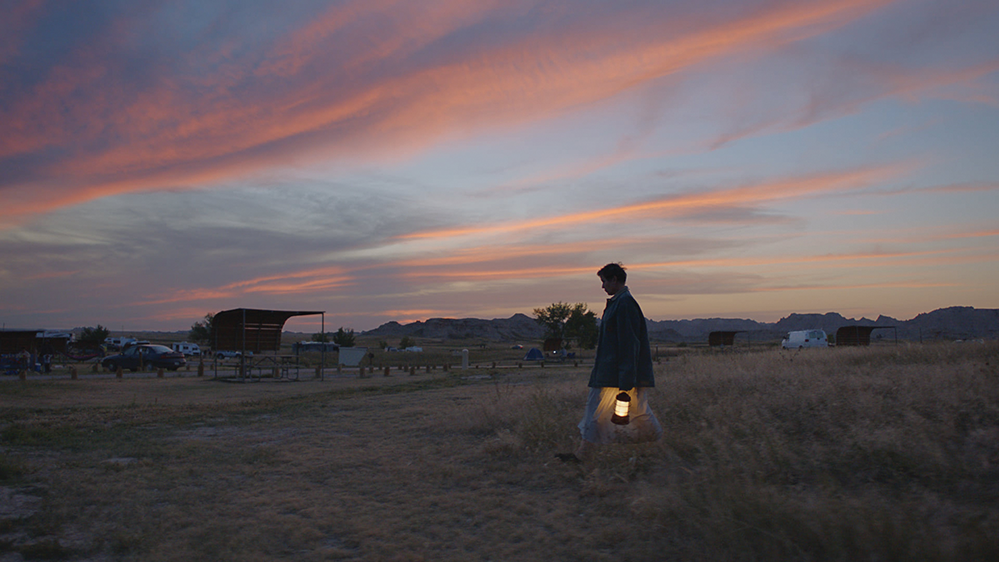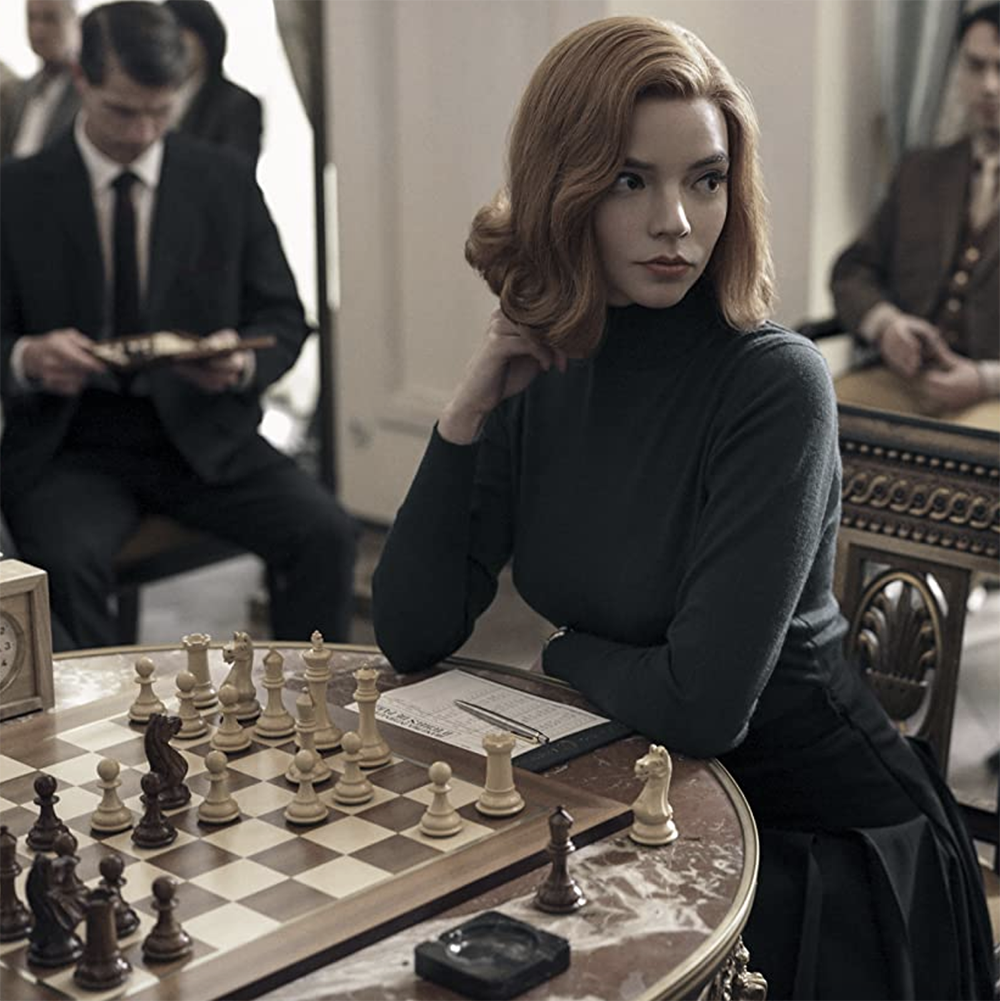★★★★☆
“Boys State,” a documentary film developed by filmmakers Jesse Moss and Amanda McBaine, is a compelling exploration of expectations, morals and the American political experience as it is experienced by American high school boys.
The film, which won the U.S. Documentary Competition Grand Jury Prize at the Sundance Film Festival in January, presents a view into the highly competitive leadership conference for high school seniors in which boys from Texas come together to build a representative government from the ground up. “Boys State” focuses on the cohort of over 1,000 boys gathered together in Austin, Texas, for a weeklong political immersion.
During the weeklong conference, the boys are challenged to create their own campaign platforms and unite themselves as candidates in a bipartisan mock government. Each subject presents a challenge to the typical presentation of a Boys State participant, mirroring the heterogeneity of American politics.
All of the moments captured in the film serve as raw accounts of the life that exists within the Boys State participatory program. The filmmakers clearly took a verite-inspired approach to presenting the footage from the week, attempting to portray the boys’ experience without any artificial or artistic embellishments. “Boys State” resembles other documentaries in its form and production, but simultaneously informs and evokes emotion in a way that at times feels like narrative film.
The film’s journalistic tone quickly morphs from an educational exposition into a captivating and familiar story of some of the United States’ most enthralling and distinct youth. The film’s slow progression given its 109-minute runtime reflects its occasionally protracted nature, but the drawn-out pace is contrasted by the engaging storyline.
Although the superficial details of the film may feel trivial, the largely unedited portrayal of the teenage educational program allows viewers to question their own political experience and their role in the future of the United States.
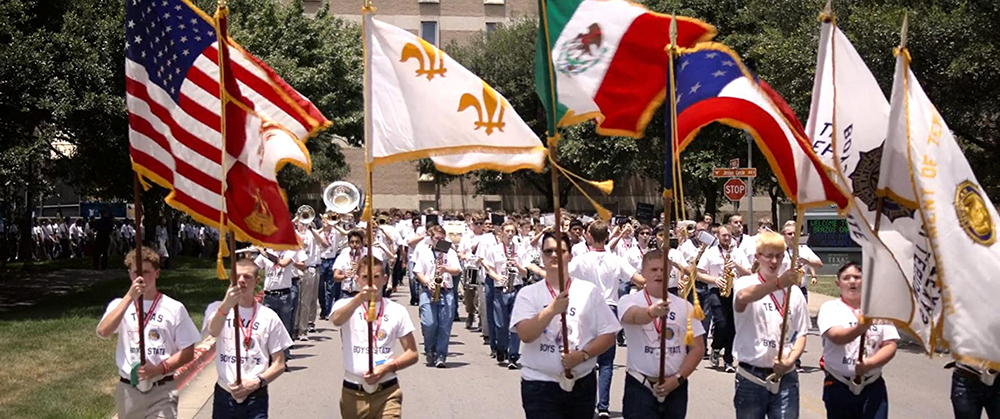
Moss and McBaine wanted to highlight the diversity of the Boys State candidates in their film. In a Sept. 20 press conference, they said, “Boys and Girls States are places where people with incredibly different politics are forced to come together face to face and talk it out … There aren’t that many of those places in our country, so we wanted to be there.”
The individuality among the entire group is evident in the four main subjects of the film. The four boys each stem from unique political, socioeconomic and racial backgrounds, with the film following the experiences, challenges and transformations of René Otero, Ben Feinstein, Robert MacDougall and Steven Garza.
Otero, a commanding orator, acknowledges his nonwhite background as an exception to the traditional conservative participant. He repeatedly attempts to maintain civility as the Nationalist party chair, and his push for bipartisanship is challenged as he is faced with a racist impeachment attempt. The filmmakers were surprised but grateful to find a participant like Otero at Boys State Texas.
“There is a group in the room that doesn’t expect René as their party chairman,” McBaine and Moss said. “It mirrors the politics in our country, structural conditions in our country now that voices have been disenfranchised.”
After a great deal of preparation, Feinstein becomes his party’s chairman and embodies what it means to be a skilled politician. Throughout the week, his dedication to winning the race for the Federalist party is transformed by his familiarity with politics and campaign tactics.
MacDougall, an outspoken supporter of the Second Amendment, loses to Garza for the party nomination for governor, despite lying to his crowd about his stance on abortion. MacDougall’s cynical approach to Boys State characterized his experience avoiding attempts to find common ground.
“I had the expectation that the room would be a very red, one-minded place,” MacDougall said during the press event, “I made the decision to run based on that expectation.”
MacDougall credits his approach to that of his competitor, Garza, a second-generation Mexican immigrant. Garza’s firm representation of his more progressive views, unlike MacDougall, is what secured him the nomination as the Nationalist candidate for governor.
The film showcases the importance of balancing morals and political charisma. Those who rely solely on political edge in an attempt to appease the majority are unsuccessful and unsatisfied. “Boys State” teaches that a successful politician is first a human — a human who can walk the thin line between majority view and individual moral character.
Boys State is more than just a simulation of U.S. government; it is an opportunity to challenge tradition, push boundaries and learn from political and social opposites. The filmmakers share the inspiring stories of the participants pushing boundaries and engaging in their individual definitions of politics.
“Boys State” compels viewers to use the movie as a catalyst for change. While the film itself tells a provocative story of a small fraction of the world, it represents the power of the individual person in maintaining and promoting civic responsibility and duty.
“The film is set in time, but hopefully it continues discussions on democracy and engagement,” McBaine said. “Democracy is not a spectator sport, and despite their differences, these guys are engaged.”
“BOYS STATE” is an Apple Original Films and A24 release. Now available on Apple TV+.


